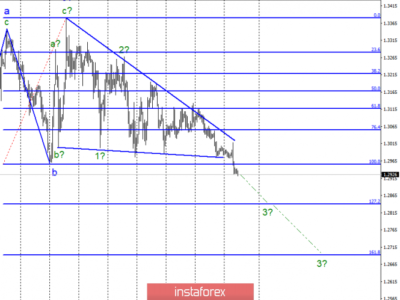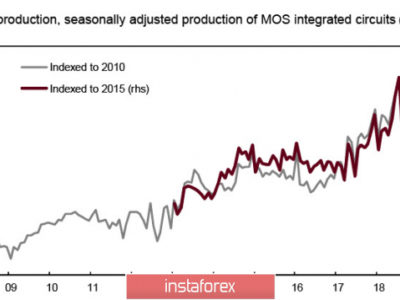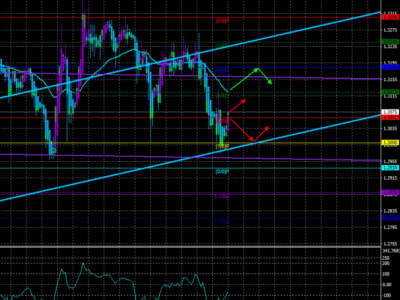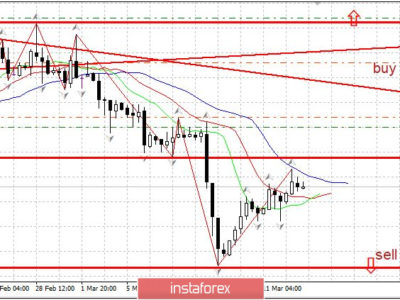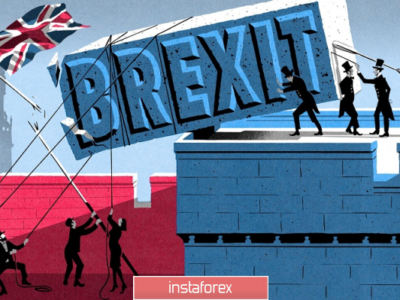How Brexit May Affect Traders in the Next 12 Months
Traders got a taste of Brexit-induced volatility following the historic June 23 referendum, where Britons voted to leave the European Union (EU) in dramatic fashion. Brexit has reared its ugly head in recent weeks, triggering one of the biggest ever selloffs in the British pound. Over the next 12 months, traders should keep a firm handle on Brexit negotiations, as they could impact the financial markets in a big way.
UK Prime Minister Theresa May recently indicated that her government will push for a “hard Brexit” next year, setting the stage for rocky negotiations with Brussels. Mrs. May said Downing Street will trigger Article 50 of the Lisbon Treaty – the clause that formally begins the Brexit process – by the end of March.[1]
The British pound has been the biggest casualty over calls for a hard exit from the single market. The GBP/USD exchange rate has plummeted to fresh 31-year lows, having declined 6% since the beginning of the month. The pound also fell to all-time lows against a basket of currencies. The pound’s trade-weighted index has now dropped more than 15% since the June 23 plebiscite.[2]
The pound’s fall from grace may accelerate over the next 12 months as the Bank of England (BOE) prepares new rounds of stimulus. One of the BOE’s leading officials recently stated that the pound’s latest plummet has been an important “shock absorber” for the economy, which is expected to face strong headwinds over the next 12 months.
“Having a flexible currency is an extremely important thing, especially in an environment when your economy faces shocks that are different from your trading partners,” BOE Deputy Governor Ben Broadbent recently said on BBC Radio, as quoted by The Telegraph.
“In the shape of the referendum, we’ve had exactly one of those shocks. Allowing the currency to react to that I think is a very important shock absorber.”[3]
A weaker British pound has been a boon to UK stocks, especially the export-oriented FTSE 100 Index. The FTSE has gained more than 11% this year and recently hit 16-month highs.[4] By comparison, the S&P 500 Index is up just 4% since January 1. Meanwhile, Japan’s Nikkei 225 is down more than 11% on the year. Mainland China’s CSI 300 Index is also down more than 12%.
While a weak pound may help shore up British exports, it could also lead to higher prices for food imports, especially if tariff-free trade between the UK and Europe break down. Inflation fears tied to Brexit have pushed UK government bond yields sharply higher. The 10-year gilt yield recently surged as much as 12 basis points to 1.22%. According to analysts, there has been a clear shift in investor confidence as a result of Brexit.
BOE Governor Mark Carney triggered fresh fears about inflation last week when he said the central bank was preparing for some “overshoot” in its CPI target of 2%.[5]
Risk-averse traders should not be surprised at heavy volatility over the next 12 months as the market responds to news headlines related to the Brexit trade negotiations. Although British officials have indicated they would like to maintain tariff-free access to the single market, the UK’s position on immigration will make this a tough sell in Brussels. Stocks will be especially vulnerable to large swings should Brexit negotiations sour.
Upon triggering Article 50, the UK will have two years to negotiate a new trade agreement with the rest of Europe. But many experts warn two years probably isn’t enough time to iron out such a complex arrangement. Any delay in the negotiation will only add to the market’s uncertainty, which could trigger fresh fears in a market that doesn’t respond very well to uncertainty.
If uncertainty is the bane of the financial markets, then the Brexit’s damage is far from over.
[1] Peter Walker (October 2, 2016). “Brexit: Theresa May prioritises immigration curbs over single market.” The Guardian.
[2] Mike Bird (October 12, 2016). “Pound at Weakest Level in history Against Currency Basket.” The Wall Street Journal.
[3] Marion Dakers (October 17, 2016). “Bank of England’s deputy says plunging pound is a ‘shock absorber’ for the economy.” The Telegraph.
[4] Kit Rees (October 3, 2016). “FTSE hits 16-month high after Brexit data set.” Reuters.
[5] Michael Hunter and Katie Martin (October 17, 2016). “Gilt yield surge over ‘hard Brexit’ fears.” Financial Times.
The post How Brexit May Affect Traders in the Next 12 Months appeared first on Forex.Info.
Source:: How Brexit May Affect Traders in the Next 12 Months



